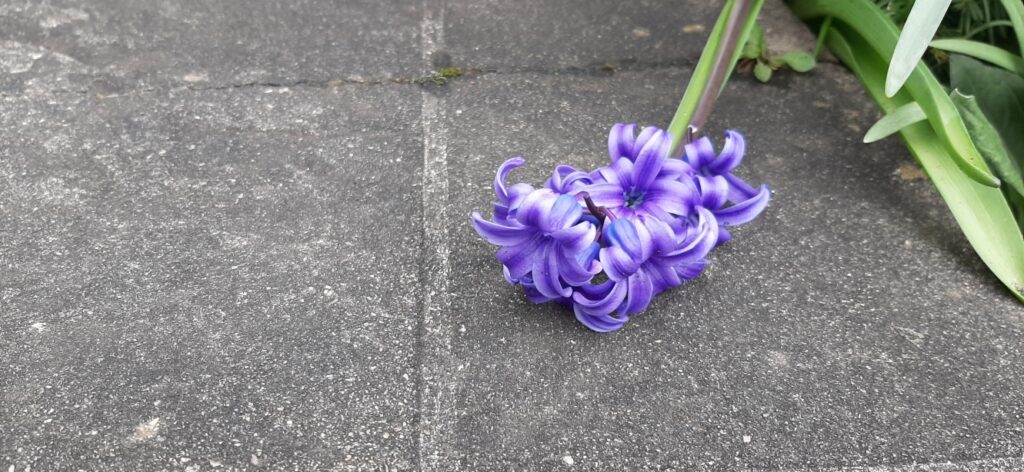As so often, he was quick in admitting an error. I asked him to pause and tell me the story again as I wanted to learn more about his habit to quickly acknowledge his fault.
When people become anxious about their behavior and how it is being perceived, they often find it easier to proactively acknowledge their fault or having made an error.
What they don’t pay attention to in these moments, is that their reaction is an emotional reaction. They encounter discomfort and want to get rid of it.
The price is to continuously call themselves out as having done an error even before anyone complained. But doing it themselves gives them a sense of moral superiority.
In their history, they have learned that being quick at admitting an error frees them from further inquiries. Admitting an error also frees them from changing and choosing a different path. They gained the freedom to choose their next move by themselves. In doing so, they prevent others from contradicting them.
They may even find appreciation for their reaction. They buy into receiving a positive stroke by making themselves the one who has done something bad. The reward they receive is that others assume they know what the right behavior is and let them be undisturbed in this assumption.
However, it prevents them from learning to assess the situation. It spares them any invitation to learn a new behavior. And it leaves them to repeat the same error over and over again.

